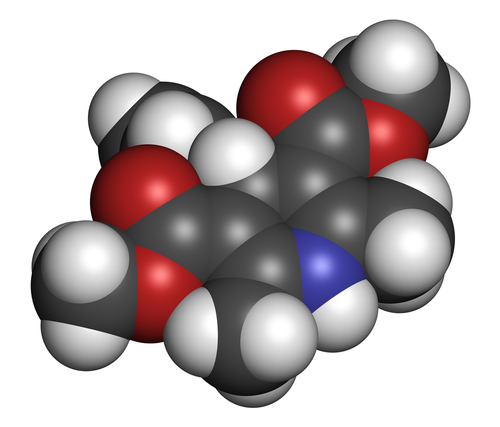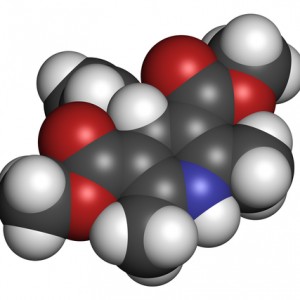Apricus Enrolls First Patient in Phase 2a Raynaud’s Phenomenon Therapy Trial

 Biopharmaceutical company Apricus Biosciences, Inc. has announced that it has enrolled the first patient its phase 2a clinical trial for the assessment of the company’s main candidate for treating Raynaud’s phenomenon secondary to scleroderma. The investigational drug, which is comprised of an on-demand topical cream for the afflicted extremities, is called RayVa and it combines alprostadil, a potent vasodilator, with the company’ proprietary permeation enhancer DDAIP.HCl.
Biopharmaceutical company Apricus Biosciences, Inc. has announced that it has enrolled the first patient its phase 2a clinical trial for the assessment of the company’s main candidate for treating Raynaud’s phenomenon secondary to scleroderma. The investigational drug, which is comprised of an on-demand topical cream for the afflicted extremities, is called RayVa and it combines alprostadil, a potent vasodilator, with the company’ proprietary permeation enhancer DDAIP.HCl.
The phase 2a clinical trial of RayVa is a randomized, double-blind, placebo-controlled study that will include about 45 patients who suffer from Raynaud’s phenomenon secondary to scleroderma. The participants will be administrated with placebo and one of three different doses of RayVa in a crossover trial design. The main purpose of the dose-ranging study is to assess hemodynamics, skin temperature at the site of application according to the measurement of Laser Doppler and thermography, and symptomatic response following a standardized cold challenge in addition to other endpoints, such as safety and pharmacokinetic evaluations.
“The dosing of the first patient in the RayVa Phase 2a clinical trial is a significant milestone for the Company, and importantly, for Raynaud’s patients, as we seek to address with RayVa, the symptoms associated with this chronic condition,” said the chief executive officer of Apricus, Rich Pascoe. “Moreover, with the expected completion of the RayVa Phase 2a clinical trial, coupled with the anticipated start of the Phase 2b clinical trial of fispemifene in the first half of 2015 in men with secondary hypogonadism, Apricus is well positioned to drive value from its development-stage pipeline next year.”
The decision to advance to a phase 2a clinical trial to evaluate the medication is the result of encouraging results from animal tests. In addition, the U.S. Patent and Trademark Office (USPTO) recently issued the therapy a Notice of Allowance for U.S. Patent Application.
The company also expects to receive Priority Review from U.S. Food and Drug Administration, since the condition has significant unmet medical needs. There is a lack of treatments in the country for Raynaud’s phenomenon associated with systemic scleroderma, and Apricus is planning on submitting a New Drug Application for RayVa in 2017.
“Raynaud’s phenomenon is a near universal feature of scleroderma and causes pain, loss of hand function and is associated with fingertip ulcerations and loss of finger substance,” explained the Principal Member of Scleroderma Research Consultants, LLC and expert on both scleroderma and Raynaud’s phenomenon, James R. Seibold. “A topical therapy such as RayVa has the ability to improve blood flow locally without systemic adverse effects and has the potential to alleviate symptoms and possibly prevent finger injury.”
Raynaud’s phenomenon is a condition that causes vasoconstriction in extremities such as the hands or feet due to cold and stress, provoking a shortage of blood flow and pain. While primary Raynaud’s phenomenon is not related to any underlying medical condition, secondary Raynaud’s phenomenon is caused by an underlying disease, like scleroderma, lupus or rheumatoid arthritis. There are currently about 100,000 adults who suffer from scleroderma in the United States, and 90% of them also suffer from secondary Raynaud’s phenomenon.






